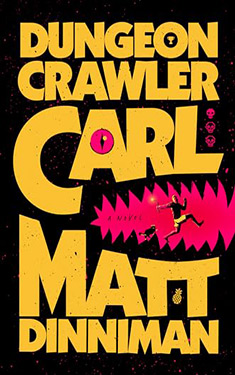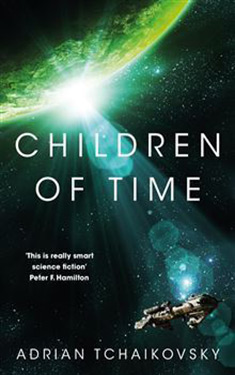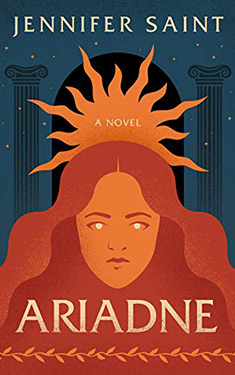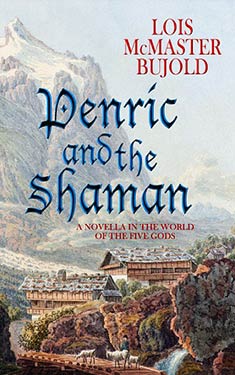Mike Maimone
Completed 2/21/2026, Reviewed 2/21/2026
5 stars
I discovered Mike Maimone on social media. Clips of his music began showing up in my feeds, probably because I tend to view videos by gay musicians. Mike was very different, with a gravelly Dr. John kind of voice and a distinctive blues/jazz/ballad fusion style. With all those slashes, you can probably say he transcends styles. I began following him and learned more about where he is in his life. He is a widower, having lost his husband and soul mate from an aggressive form of leukemia less than a year after they met. However, in that time, they both discovered they had found true love. This book is Mike’s memoir of their relationship.
After more than ten albums, many as part of a band, Mike was going solo. He was a single man trying the gay dating apps after two unsuccessful relationships. This year was going to be different, it was going to be the year of saying “Yes,” opening himself to new experiences. One night, he gets a hit on an app, an older man who was Mike’s type. They began chatting long distance as Mike was working in Nashville and Howard was in LA. Something clicked and they hit it off online. When they finally met, it clicked again. Soon Mike was falling head over heels for Howard. They quickly began planning visits whenever their schedules allowed. Then came talk of a long-term relationship. On the next trip, Mike planned to propose to Howard when he got the call that Howard was very sick.
I have not read many memoirs in the last twenty years, not since the days of David Sedaris and Augustin Burroughs. Unlike those, this book is like a journal of finding the love of your life and then being devastated by loss of him in less than a year. Mike is brutally honest about how they came to fall in love despite their many differences. It’s filled with excitement, anxiousness, self-doubt, and humor. Then he holds back nothing as he experiences the stages of grief during Howard’s short illness.
My reaction to this book was instant love. As a gay man myself, I could completely relate to those early stages of discovery in a relationship, where everything is new and exciting and sexy. And having lived through a devastating breakup and more recently, the sudden loss of a close friend, his story hit me hard. I read most of this book on a plane ride from Portland to Orlando for the Star Trek Cruise. Despite my excitement of my trip and the distractions of a plane ride, I found myself immersed in Mike’s experience, my eyes leaking until we came in for our landing.
This is a deeply personal account of love and loss. You don’t have to be gay to get it. The emotions transcend orientation. And if the book wasn’t enough, Mike also released a companion album. I don’t have any music apps, but I’ve listened to many clips, and the songs are just as gorgeous as this book. (This may be the push I need to get one so I can listen to the whole album uninterrupted). I’ll probably never be able to look at a butterfly again without thinking about Mike and Howard. I give this book five stars out of five.






